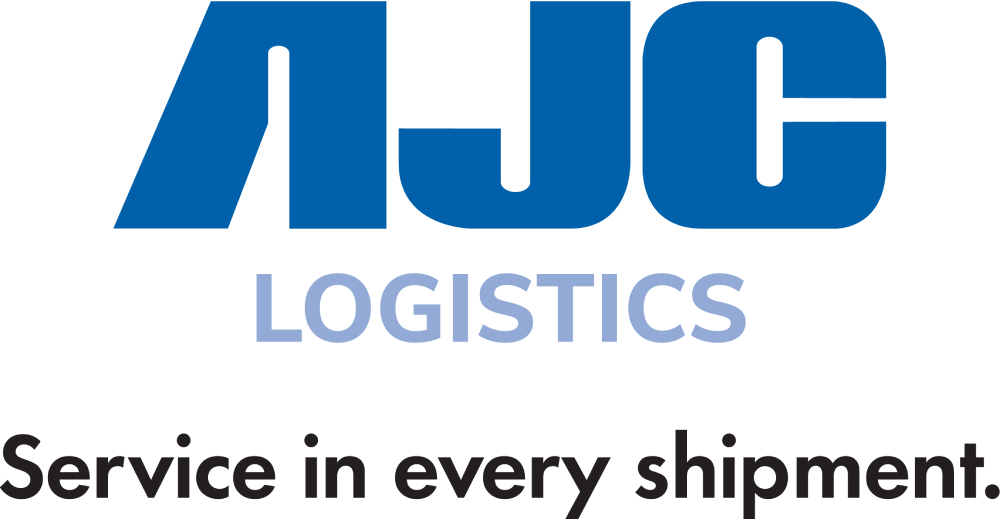Do shippers really need RFPs?
According to FreightWaves, contracted rates comprise roughly 80% of the trucking market. The remaining 20% of freight volume is transacted with spot market rates, which are highly volatile.
It makes good sense for shippers to have contractual agreements when forecasted volumes are fairly predictable, lanes are consistent and frequent, and supply and demand are relatively stable.
However, most contractual rate agreements are non-binding. When spot rates for their primary lanes plummet, shippers can divert capacity away from contracted relationships. Likewise, when spot rates rise significantly, carriers can reject tendered loads or demand higher rates.
The pandemic has triggered large fluctuations in spot rates and massive reshaping of supply chains. Consequently, traditional RFPs are now under increased scrutiny. Shippers are questioning the need to spend so much time and effort working on non-binding agreements that are frequently circumvented or may need to be renegotiated in a few months.
If contract rates aren’t working for you, consider a relationship of trust with AJC Logistics. We have built our business on providing superior service for the long-term benefit of our partners, not on seizing every opportunity to capitalize on rate volatility.
We want you as a valued customer, so let’s set up an agreement that always works in your best interests. Here’s how: For each of your lanes, AJC Logistics will commit capacity at rates that fall within a competitive range based on the current market, with flexibility to change anytime. You get our expertise and the capacity you need, when you need it, at affordable rates—without wasting time on load-by-load spot-rate negotiations or zero-sum RFP games.
